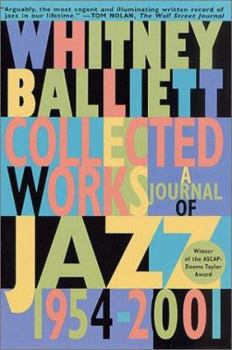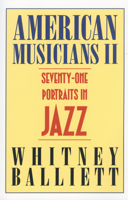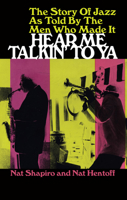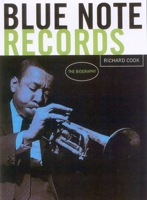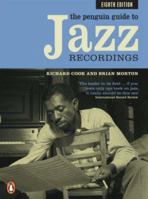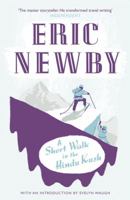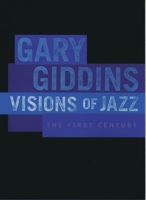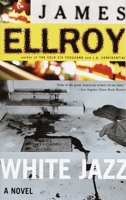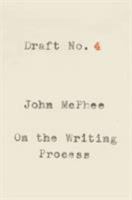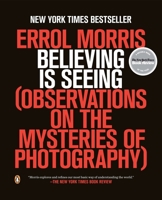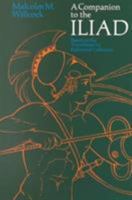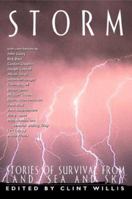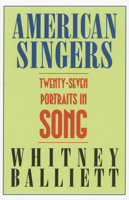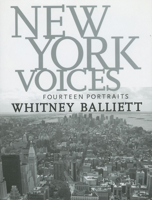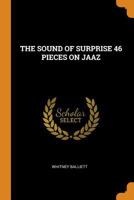Collected Works: A Journal of Jazz 1954-2001
Jazz critic for The New Yorker since 1957 and the author of some fifteen books, Whitney Balliett has spent a lifetime listening to and writing about jazz. "All first-rate criticism," he once wrote in a review, "first defines what we are confronting." He could as easily have been describing his own work. For nearly half a century, Balliett has been telling us, in his widely acclaimed pitch-perfect prose, what we are confronting when we listen to America's...
You Might Also Enjoy
Related Subjects
Parenting & RelationshipsCustomer Reviews
Rated 5 starsYou can hear the music...
This is my sixth copy of Ballietts" Collected Works : A Journal of Jazz 1954-2000. I love it that much. Have copies all over the house. Give it as gifts...lasts longer than a bottle of wine. When Balliett writes, you are there. In the club, at the concert, in the studio with the artists. You can hear the music...Miles, Monk, Mable, Bird, Billy, all the greats...and Balliett's not reluctant to write about the not-so greats...
0Report
Rated 4 starsUnfortunate title to essential jazz journalism
Whitney Balliett is one of my favorite jazz writers (along with Dan Morgenstern and Ira Gitler), and I've enjoyed reading his pieces in The New Yorker since the 1960s. In the introduction to this book Balliett says he chose the title COLLECTED WORKS because "I like its ring"; that's a bit unfortunate because it gives the wrong impression. These are not his "collected works" but rather, as he again says in the introduction,...
0Report
Rated 5 starsWonderful Book on Jazz
I grew up reading Whitney Balliett's pieces in The New Yorker and in anthologies. This book is the motherload--collecting a huge amount of his written jazz work in one place (excluding his wonderful profiles, which are available elsewhere). The work is an insightful and opinionated march through jazz history, written as the history unfolds. Since these acounts were written as players worked, aged and passed on, one gets...
0Report
Rated 5 starsThrilling
Whitney Balliett is one of the few extraordinary prose stylists of our age. The elegance and acuity of his sentences are practically miraculous. He's virtually without peer.
0Report
Rated 5 starsA National Treasure
OK, Whitney Balliett never got into Miles Davis's electric stuff. So he's a Moldy Fig. To quote Miles, "So What?" For my money, he's still the greatest observer of the modern jazz scene. What makes him great is the accuracy of his observation: No other jazz critic ("Notes and Tones" was written by Art Taylor, a drummer) has been as generous as Balliett at letting the musicians speak for themselves. Reading his reviews, you...
0Report








